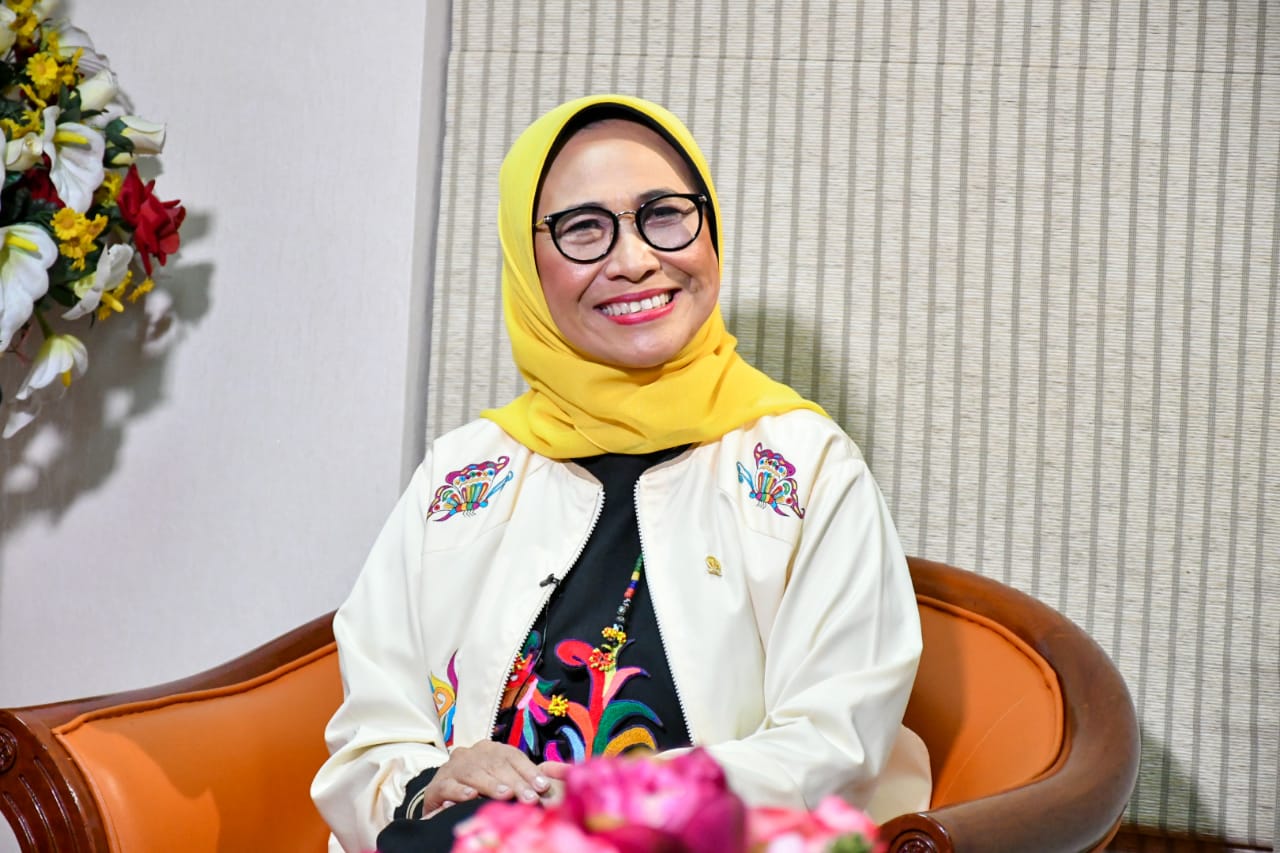Lawmaker, Deputy Chairman of the House of Representatives (DPR) Commission X
A natural politician and trained researcher, Hetifah combines the best of both worlds to help Indonesia empower women and marginalized communities.
“Can you imagine if there’s three women?” Hetifah remembers one lawmaker once commented when they were proposing a minimum 30% quota for women commissioners in the General Election Commission (KPU). Apparently, the idea of having three women out of seven seats was unthinkable by the lawmaker but that encouraged Hetifah even more.
“I have promised to open the door for other women to achieve their dreams, for them to realize their potential,” Hetifah says.
In the thirty years of her career, Hetifah always sees the world through some kind of a gender lens no matter what she does. Today, she is known as a lawmaker sitting in the House of Representatives (DPR) from Golkar Party, one of the largest political parties in Indonesia. She has been in the house for three consecutive periods since 2009. Commission X, where Hetifah sits as deputy chairman, is responsible for education, culture, youth, sports, and tourism.
Hetifah was not always in politics. The Bandung Institute of Technology (ITB) graduate started her journey as a researcher and activist. In 1992, along with other academics, Hetifah founded AKATIGA, an independent and non-profit research organization. Hetifah was involved in studies and workshops around gender budgeting for local administrations.
“All of our research was divided by gender. If we were looking at workers’ issues, for example, we would look at the impact based on gender. So, we have been trained to collect data based on that,” Hetifah says.
Twenty-eight years after its conception, AKATIGA still strongly stands, influencing policy changes in Indonesia with the aim of providing sustainable livelihoods for the poor and marginalized groups.
After completing her masters degree in public policy at the National University of Singapore, Hetifah felt a desire to create more impact. That momentum came following Indonesia’s 1998 reformation.
“I felt that the data and information I produced as a researcher were good, but it did not have any influence on the policies. Advocacy was still difficult at the time because there wasn’t a good relationship between the non-governmental organizations and the government,” Hetifah says.
So, Hetifah decided to cross over. As a female lawmaker, Hetifah had to do a lot of convincing on her first days in the office. “I had to first show that I am reliable,” Hetifah says.
Women have fought long and hard to be given a seat in Indonesian politics. As history shows, they have to band together and help each other to move forward.
Hetifah is part of Golkar Party Women’s Corps (KPPG), which aims to improve women’s participation and leadership within the party. The mother of four is also active in Indonesian Parliamentary Women’s Caucus (KPPRI) and Indonesian Women’s Congress (KOWANI).
Today, within the House of Representatives itself, more women are taking strategic, leadership positions.
Hetifah is currently focusing on creating laws on remote schooling and how it impacts families especially women. She is also pushing for more upskilling programs for women workers.
For Hetifah, pushing the agenda of gender lens investing means advocating for more gender equality in leadership within the DPR. That means consciously directing one’s attention to women and giving them a chance to exercise leadership in all sectors, like science and technology, and not just in traditionally “feminine” ones.
Second, implementing GLI means constructing policies that are informed by gender-conscious data. This is why investing in research organizations – both government-owned and independent – becomes crucial. Hetifah believes Indonesia will do well if it has as many sources as possible supplying information surrounding gender.
“Today, we only rely on the Women’s Empowerment and Child Protection Ministry (KPPPA) for such data,” Hetifah says.
Research organizations like AKATIGA could play an important role in supporting policy makers become more gender-conscious in their decisions. Meanwhile, figures like Hetifah are desperately needed to influence the political will for women empowerment in Indonesia.





